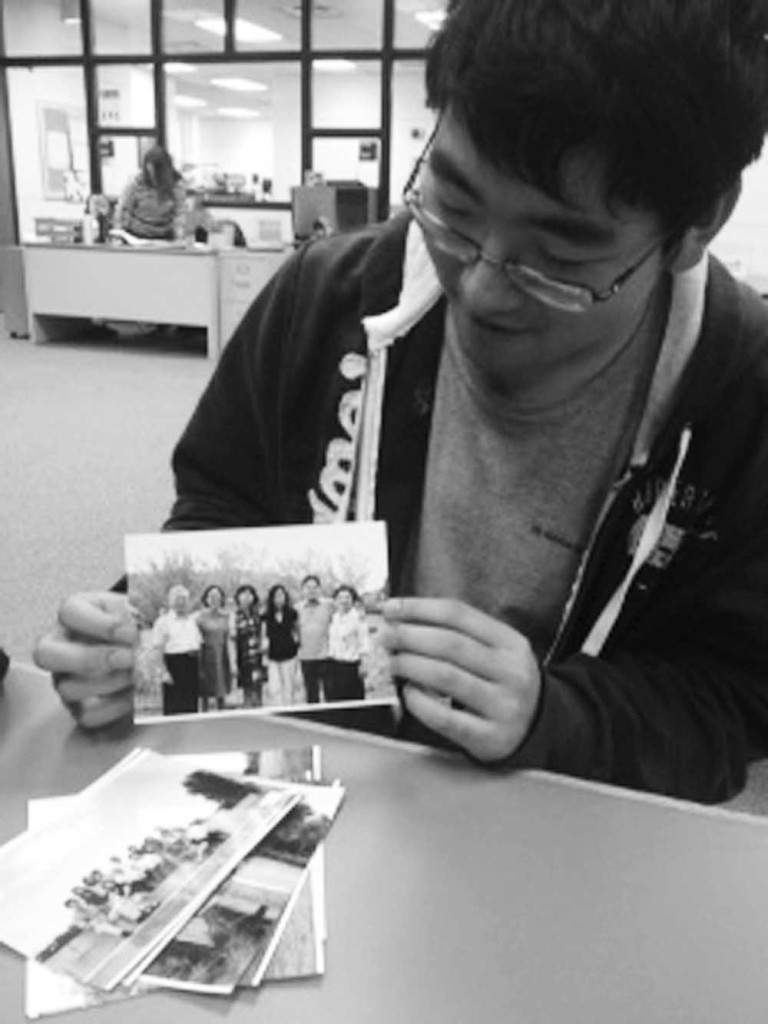
When senior Jiyoon Song was in fifth grade, she moved with her immediate family from South Korea to Northbrook. As she walked into elementary school on her first day not knowing any English, all she could do was nod and say “uh-huh” as her classmates introduced themselves to her. She said she was confused everywhere she went.
After being placed in ESL classes, Song was able to learn English and become more comfortable with her life in Northbrook and plans to attend Northwestern University next fall. Now she lives with her mom and brother after her dad moved back to South Korea.
“I feel connected to the culture still,” said Song. “I still speak Korean to my mom, I still have Korean foods at home. I still talk to my Korean friends who are still in Korea.”
With the recent threats made by North Korean leader Kim Jong Un, Song said she frequently talks to her father in South Korea about the international tension. While she said she was a “little scared” because all of her extended family is still living there, her dad reassured her that “nothing would happen.”
Timothy Lomperis, professor of political science at St. Louis University, said the threats made by Kim Jong Un are “typical” and are part of a cycle that has been happening since the mid- 1990s.
“[North Korea goes] through a period of bluster and threatening, then they back off in exchange for agreeing to talk in some sort of concession,” said Lomperis. “It’s a very calculated leveraging drop. It’s just [Kim Jong Un’s] rhetoric is way more extreme than his father’s and grandfather’s and is clearly a result of immaturity.”
Senior Younglak Hong was a citizen in South Korea up until last year. He said the situation makes him “very nervous” because all of his extended family lives in Seoul, South Korea. But when he talks to his relatives who still live in South Korea, he said the situation seems “all routine” for the adults, but the teenagers seem more nervous. Hong said he himself is also nervous because of the “unpredictability of the new leader.”
“I’m guessing [their nervousness] is because the military draft, if war starts they will be drafted,” Hong said.
All young people in South Korea have to serve in the military for two years, according to Hong.
Hong still talks to his grandparents at least once a week via webcam, whom he said he misses very much. Hong lived in Seoul until he was four and then moved with his immediate family to the United States for his dad’s career. While he said he does not feel very connected culturally to South Korea, he still believes he looks at the situation with a different perspective than other students.
“As a Korean, [my family and I] have property there, we have family there, so it’s a lot more personal,” said Hong. “Everyone here says, ‘Attack North Korea,’ but people forget if we attack North Korea we would bring down a lot of South Koreans, too. I can understand where they’re coming from, but people need to understand that war is not that black and white.”

